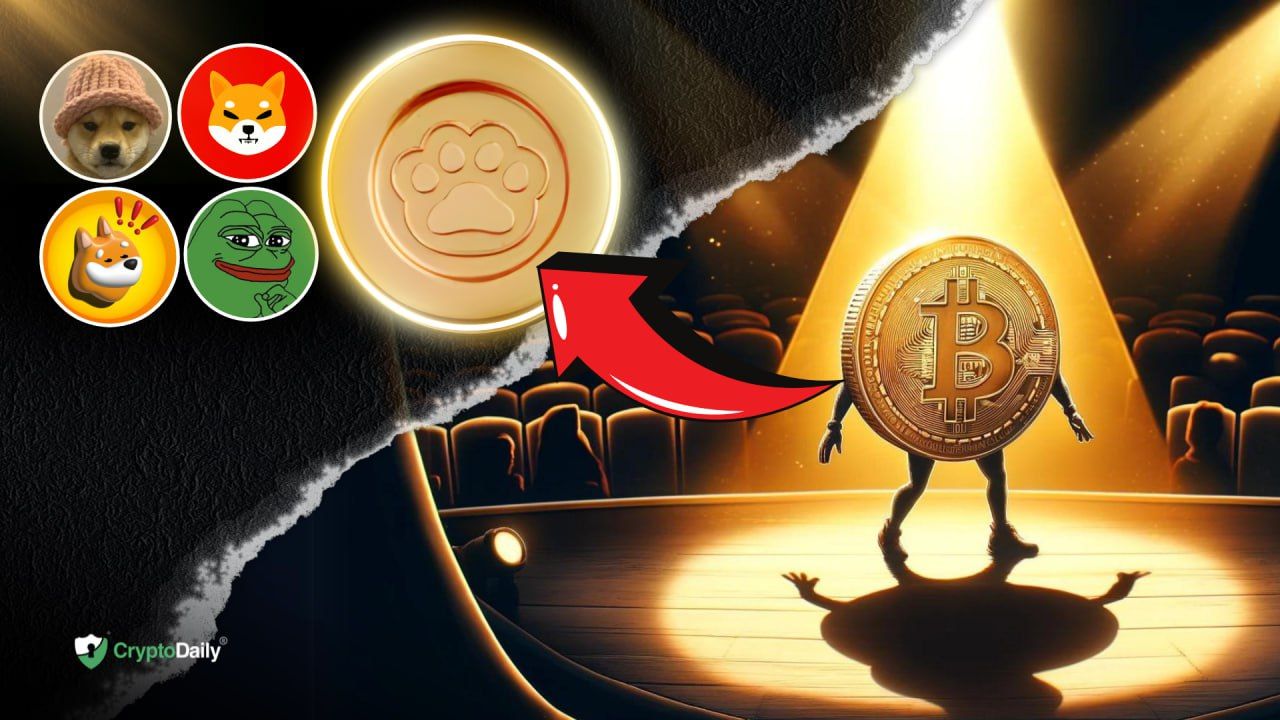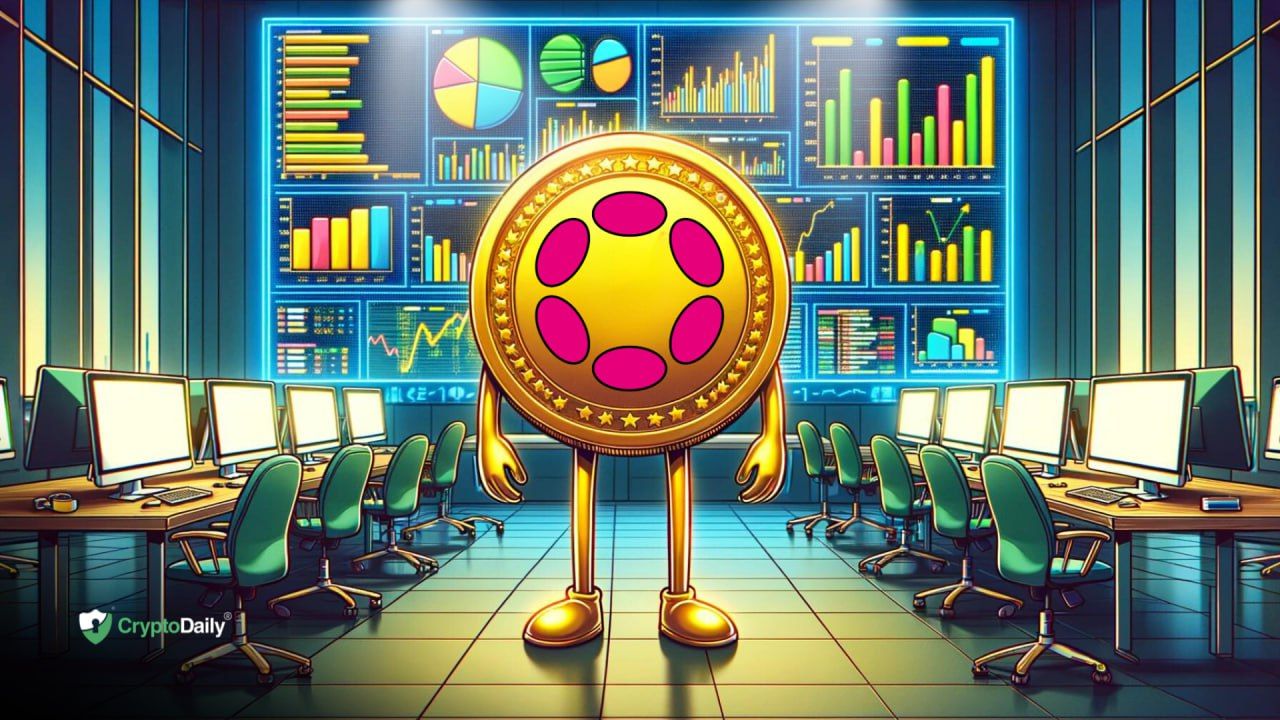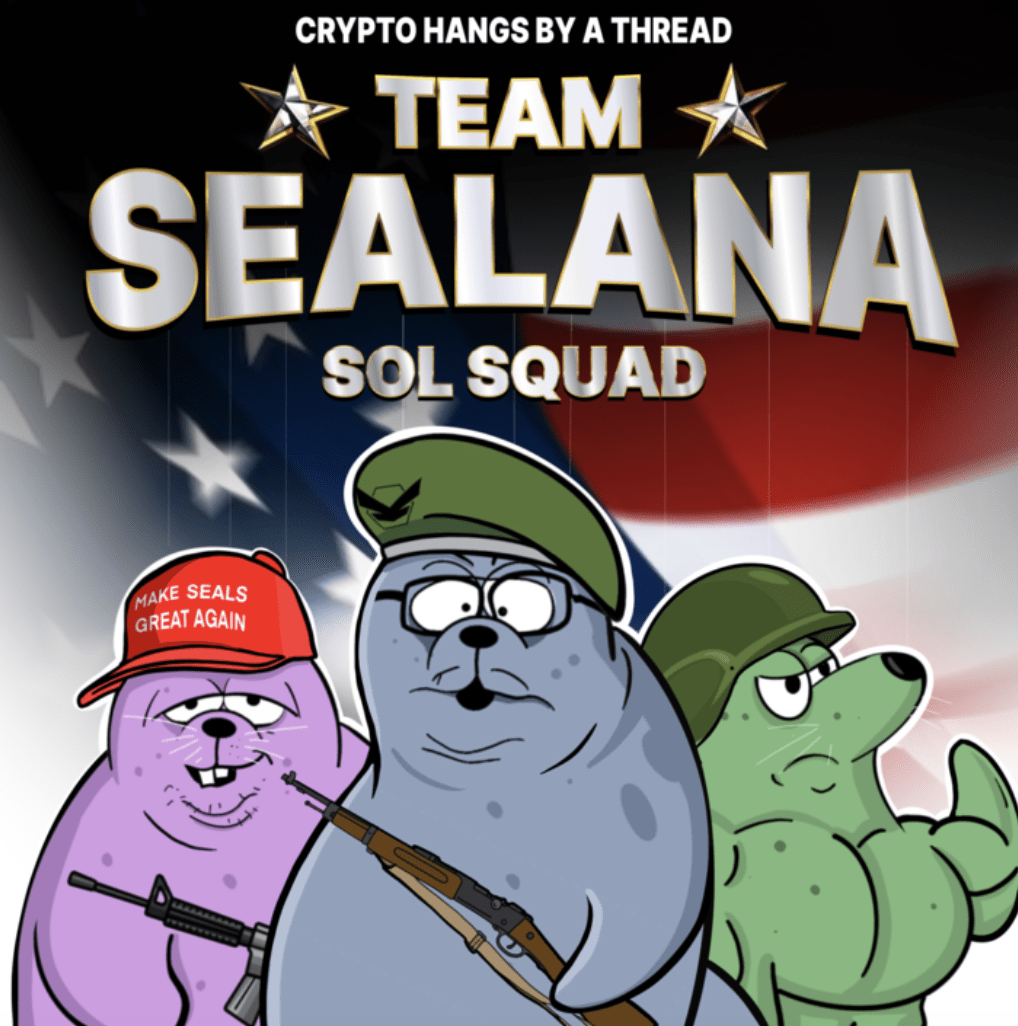, by name and by nature is supposed to be a decentralised platform for decentralised applications. In fact, the tagline of EOS is; “The most powerful infrastructure for decentralised applications.” Therefore, you’d expect that the currency of EOS would be suitably spread out, thus to avoid any complications that could arise if say, only 10 wallet addresses held around 50% of all EOS tokens? Well, according to new research, that is exactly the case. A new post on Reddit by u/Lannisan claims that, through some investigative research, the Redditor has located some stark statistics within EOS ownership, now that all of EOS’ tokens have now been distributed. u/Lannisan says:
“So now that EOS Authority has released a copy of the genesis snapshot results, I was really curious to see how the final distribution of tokens worked out and how rich (or not rich) we all are compared to the other holders. So, for those of you who are interested, I took a closer look and did some stats to see what the breakdown was like and here's what I came up with.”
The findings produced, suggest that of the 1 Billion tokens in circulation, 49.67% of them are held by just ten single entities. The top one hundred own 74.82%. According to u/Lannisan:
- “The Top 10 holds 496,735,539 Tokens (or 49.67% of the total 1 billion tokens available)”
- “The Top 100 holds 748,176,831 Tokens (or 74.82% of the total tokens)”
- “The Top 1000 holds 858,120,383 Tokens (or 85.81% of the total tokens)”
- “The remaining #1001 - #163,930 accounts hold a mere total of 138,570,296 Tokens (or only 13.86% of the total tokens)”
Of course, the majority of the tokens are owned by Block.One, the company behind the EOS ICO and the recent EOSIO MainNet launch. There are also some other considerations to make here, in that there’s no real way to prove how many individuals are holding within the top ten accounts, for example, they could very well be exchange accounts. The take home message from this of course is that within the EOS network, it does seem as if ten lone entities do have (almost) majority control of the network and thus hold an awful lot of power here. Working in unison, they do indeed have the power to totally change the shape of EOS, it’s path and its future, what’s more shocking is that should they decide to behave in such a way, they could make decisions that are financially very beneficial for themselves. Distribution here, seems very undemocratic indeed, moreover, it seems to defeat the essence of decentralisation, doesn’t it? Take a look at the full post by u/Lannisan for yourself, here- https://www.reddit.com/r/eos/comments/8o7cdw/eos_rich_listgenesis_snapshot_statistics/. It provides a great analysis of the situation and of course debunks some of the rumours that suggest the top ten EOS holders could destroy the network. In theory they could, but the probability is, they won’t. In fact, it’s even more probably that these accounts are much larger than individual wallets and therefore, these findings do lose significance. Make your own decisions about this one… Either way, no matter what you think, this research highlights some pretty interesting findings.
Investment Disclaimer







